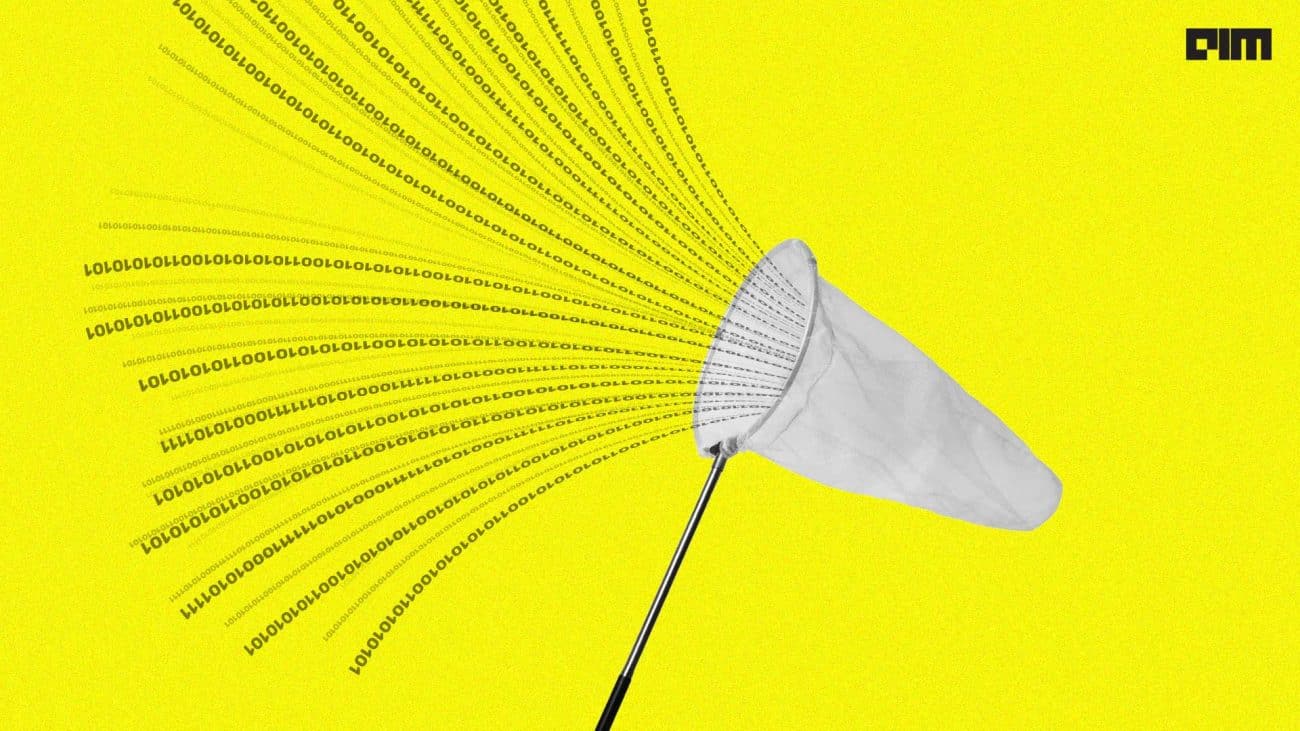India’s first AI unicorn, Fractal, has been actively introducing generative AI models this year. Earlier this year, the company released Kalaido, an Indic text-to-image diffusion model, and recently, they released Vaidya.ai, a healthcare AI platform. With reported plans to raise $500 million through an IPO at a valuation of $3.5 billion, Fractal is spearheading the AI movement in India.
Accessible Health for All

In an exclusive interaction with AIM, Suraj Amonkar, Chief AI Research & Platforms Officer at Fractal, explained that Vaidya.ai is not intended to serve as a diagnostic tool but as an information system. “Vaidya is not meant to give a medical diagnosis,” Amonkar emphasised. “It is a health companion that can have personalised and private conversations about your own individual health information.”
Amonkar noted how people are used to going to Google for health queries that do not yet have personalized and reliable results. He believes that Vaidya.ai seeks to offer a more tailored approach than the older way to access this information.
Fractal’s Vaidya is one of the first multi-modal models available in the medical domain. “A lot of health information is available in the form of images, and hence it was important for us to build a system that can understand image data from the users. This provides the ability for users to upload pictures of any health data to get more information from Vaidya.”
Vaidya.ai has the additional advantage of being available in Indic languages. “Vaidya is accessible not only in English but is also available in Indic languages to help bridge the gap of accessing quality health information in local languages,” he said. The chatbot can detect the language of the user and is intelligent enough to respond back in the same language.
New Updates Already Rolling
Fractal is already working on rolling out updates to the health app. The platform has recently undergone usability enhancements where the response time has been significantly improved, along with improved user experience. Amonkar said, “We have enhanced the experience of the user by allowing users to save their conversations while continuing to keep their data private – even providing an option to delete all their conversation data.” The app has also been enhanced to have a faster response time for the users.
Fractal has also implemented RAI certification process for their AI products and have run a certification process on Vaidya with this framework. “We have taken care to ensure data security and data privacy and have also run our systems through the responsible AI certification that our RAI team has administered,” said Amonkar.
While Vaidya.ai currently focuses on general health information for consumers, Fractal is exploring partnerships with healthcare providers and diagnostic firms to enhance its capabilities in specialised areas
Progressing Toward Perfection
Vaidya.ai is built on a robust dataset that includes image datasets, scientific literature and respected medical datasets like PubMed. The platform allows the user to get answers to diverse health-related queries, from general wellness advice to specific medical conditions.
The Fractal team has been focusing on curating high-quality data. Their data scientists, along with a data vendor, have worked to annotate and improve the data, including input from doctors who have helped validate the results. The public datasets, curated datasets and the annotated datasets have helped in building the algorithms.
The algorithms consist of many different models and involve a pipeline of VLMS and LLMS that work together to help generate answers. The team has also worked on guard-rails on the system that will try to intercept and avoid any unethical behaviour on the system. “We have built a very robust pipeline of foundation models to get greater accuracy and have also taken efforts to implement guard-rails to intercept incorrect use. Our models aim to provides personalized health information while ensuring that users consult medical professionals for medical advice,” Amonkar reiterated.
To benchmark the system’s performance, Fractal tested the model in a PG NEET exam (India’s postgraduate medical entrance test), achieving an impressive accuracy rate of 83%).
Future Towards More Advanced AI Systems
Amonkar highlighted Fractal’s broader research initiatives in reasoning and agentic systems as part of their mission to push the boundaries of AI toward AGI.
“Our AI research team’s mission is to push the boundaries of AI towards AGI,” he stated. “We believe that three pillars of foundational-models, reasoning systems, and multi-agentic systems will all be necessary to build AI systems that move towards AGI and have research streams that are working on all these areas. We have recently published our research work in top AI conferences like NeurIPS and ICLR.”
























